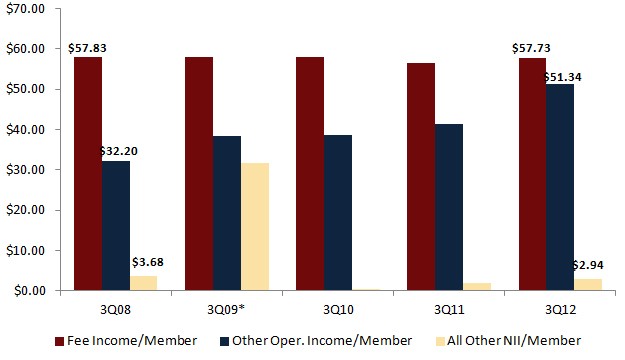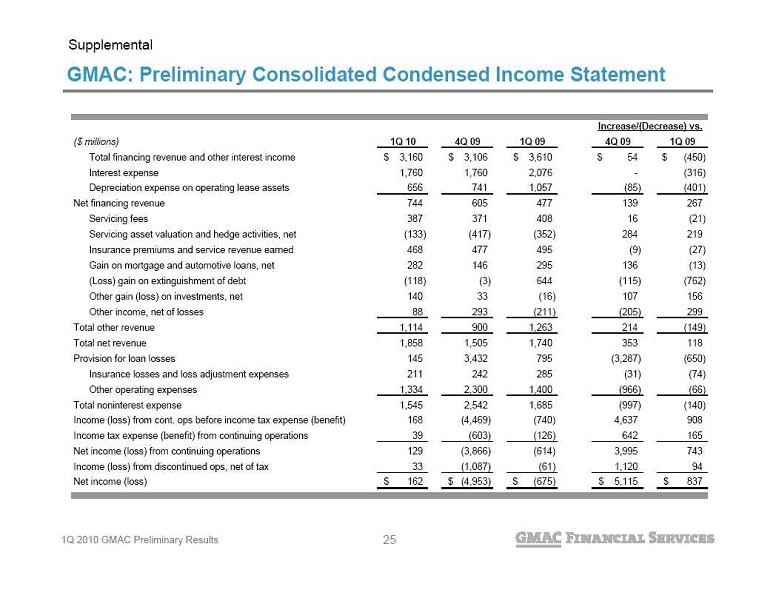What Is Interest Income (with pictures)
Post on: 16 Март, 2015 No Comment

These 10 animal facts will amaze you.
Adorable animal families that will make you aww.

These 10 facts about space will blow your mind.
Interest income is income earned in the form of interest that accumulates on investments. A classic example is the interest paid to the holder of a certificate of deposit. Savings accounts, dividends, and shares in credit unions can also generate interest. As a general rule, this type of income is treated as taxable, and it must be reported on income tax filings to avoid legal penalties.
When someone earns income from interest, the financial institution is responsible for issuing a form stating this. In the United States, this form is the 1099-INT or 1099-DIV, and it will be issued in any case where someone has earned more than $10 US Dollars (USD). If less than this amount was earned, it still needs to be reported. People can report interest income directly on their tax forms in some cases, while in the instance of larger payments, they will need to file what is known as a Schedule B.
The government treats interest as taxable because they view it as income: the bank pays the interest into an account, and the account-holder can choose to withdraw that interest. It can also be sizable in the case of big deposits, and in fact, some people successfully live on the interest from their investment accounts. There are certain circumstances in which the income may be non-taxable or taxable at a reduced rate, and taxpayers should discuss this with their accountants.
If a form reporting interest income is incorrect, the taxpayer needs to contact the financial institution to request a correction. These forms are reported to the government as well as the taxpayer, and inconsistencies will raise eyebrows. When requesting an amended form, taxpayers should be prepared to provide documentation and support such as bank statements showing that the report is wrong.
Errors on tax returns do occur, and taxpayers should know that government agencies are usually forgiving about mistakes, as long as they were obviously made in good faith, and the taxpayer demonstrates a desire to correct them. Using an experienced accountant can reduce the probability of errors, and if a problem is spotted, it should be reported properly to demonstrate that the taxpayer is aware and is taking steps to address the issue. Over or underpayment on interest income is a common tax mistake, especially in the case of people with interest accruing on multiple accounts, and individuals who are not sure about which accounts are generating taxable interest.














